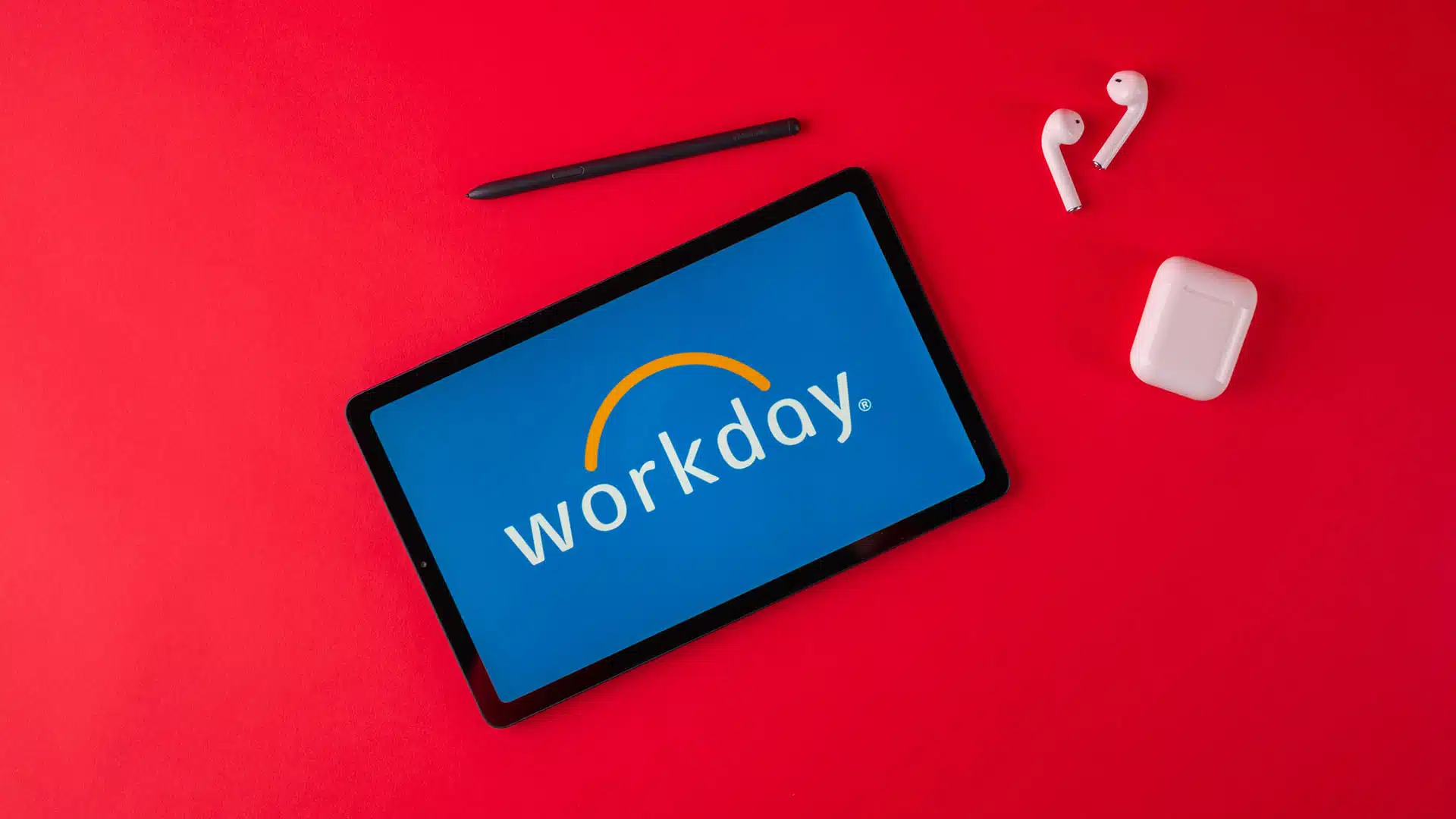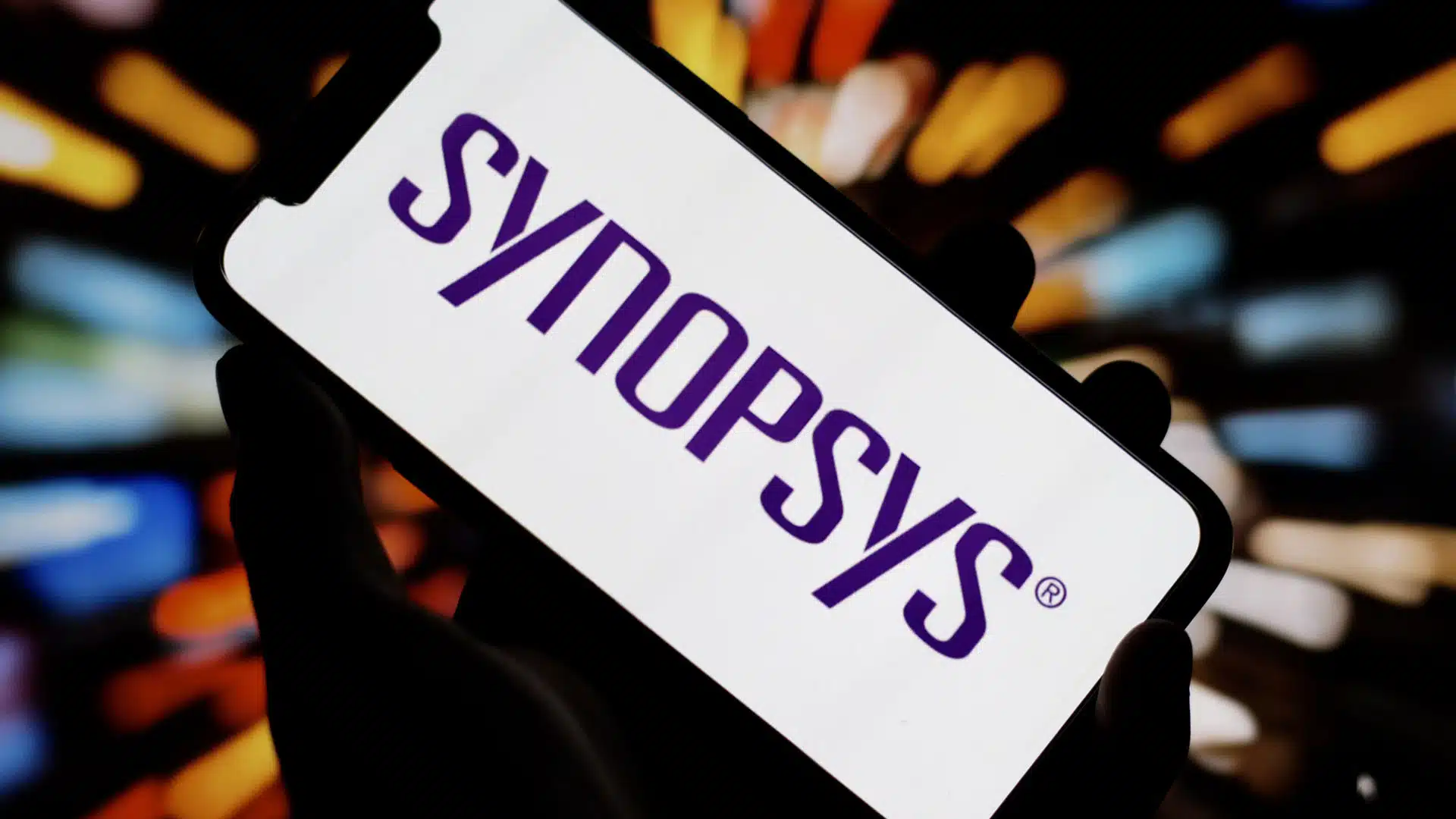Southwest Airlines canceled an additional 2,500 flights on December 27, resulting in a 60% reduction of its schedule, frustrating customers simply seeking to get to their destinations during a busy holiday season. Since December 21, the airline has canceled nearly 10,000 flights, while cancellations by other major airlines ranged from 0% to 2%, according to flight-tracking site FlightAware.
Southwest blamed weather and staffing issues at Denver International Airport, which it says set off a chain of events that led to massive, systemwide disruptions that began over the Christmas holiday weekend and extended into this week. As such, many stranded passengers had no options other than to try to book flights on other carriers.
In response, rival air carriers have stepped in to help. Delta said in a statement that it “capped fares in all the markets Southwest operates,” and that the fares were valid through December 31, 2022. American Airlines, meanwhile, said it was capping fares in “cities severely affected by cancellations” and United said it has capped fares in “select cities.”
Holding steady on pricing during times of crisis is often codified into law. Thirty-four states, Guam, Puerto Rico, the U.S. Virgin Islands, and the District of Columbia each have statutes or regulations that define price gouging during a time of disaster or emergency. Most of these laws provide for civil penalties, as enforced by the state attorney general, while some state laws also enforce criminal penalties for price gouging violations.
However, capping or limiting price increases during a time of stress can also be used as a tool to brandish a company’s reputation as being customer friendly, while also generating additional revenue. Several steps should be taken to ensure that capping prices supports customers during a time of need, rather than making life (and their experience) more difficult.
- Be clear in your offer: Make sure that any restrictions are clearly stated, to avoid even the appearance of bait-and-switch. Customers are stressed out, and complex offers with hidden restrictions will ultimately add to confusion, and make it appear as if the company is simply trying to drive revenue, instead of helping customers.
- Ensure there is a plan to handle increased demand: Holding steady on pricing when other products are not available or are increasing in price will often lead to a surge in demand. To ensure customers can be serviced properly, it is important to make sure human staffing levels are appropriate, as well as digital, self-service solutions, so that customers experience the minimum amount of friction or hassle when trying to purchase or interact with your product or service.
- Take the opportunity to reinforce value, not price: While maintaining or capping a price may be the initial driver of new customers, it is important to reinforce the value of the service or product being provided. Times of crisis or disaster generally have a limited duration, so it is important to reinforce the underlying value and brand promise so customers have a reason to return once the crisis has passed.
Done properly, responding to a competitor having difficulty can help drive revenue, as well as establish a better rapport with both customers and prospects. Customers will remember a good experience with a company that has come to their aid, and did not exploit their situation for excess profits.
Above all, it is important to plan for situations where a crisis or disaster might impact a competitor, so that the appropriate action can be taken that does not negatively impact a company’s longer-term goals and objectives. Planners should identify products and services that can be offered at a discount or at the same price as competitors, as well as the products that can never be discounted, either due to the underlying cost or harm to the brand’s value. Exceptions and terms and conditions should be reviewed to ensure there are no conflicts with adjacent products or services, either internally or via partners.
Author Information
Keith Kirkpatrick is VP & Research Director, Enterprise Software & Digital Workflows for The Futurum Group. Keith has over 25 years of experience in research, marketing, and consulting-based fields.
He has authored in-depth reports and market forecast studies covering artificial intelligence, biometrics, data analytics, robotics, high performance computing, and quantum computing, with a specific focus on the use of these technologies within large enterprise organizations and SMBs. He has also established strong working relationships with the international technology vendor community and is a frequent speaker at industry conferences and events.
In his career as a financial and technology journalist he has written for national and trade publications, including BusinessWeek, CNBC.com, Investment Dealers’ Digest, The Red Herring, The Communications of the ACM, and Mobile Computing & Communications, among others.
He is a member of the Association of Independent Information Professionals (AIIP).
Keith holds dual Bachelor of Arts degrees in Magazine Journalism and Sociology from Syracuse University.








